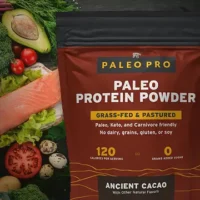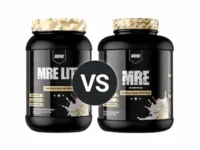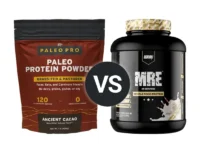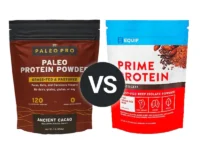Knowledge BaseYou're Questions Answered
Is beef protein powder good for you?
Beef protein powder is a dietary supplement made from the protein-rich parts of beef, such as muscles, tissues, and bones. It is processed to remove fats and carbohydrates, resulting in a concentrated protein source. Beef protein powder is often chosen by individuals seeking an alternative to dairy and plant-based proteins. To determine if beef protein powder is good for you, it's essential to consider its benefits, potential drawbacks, and suitability for your dietary needs.
Benefits of Beef Protein Powder
1. High-Quality Protein Source
Beef protein powder is a complete protein, meaning it contains all nine essential amino acids necessary for muscle growth, repair, and overall health. It is particularly rich in amino acids like glycine, proline, and hydroxyproline, which are beneficial for collagen production1.
2. Rich in Collagen
Many beef protein powders include collagen, a protein found in connective tissues. Collagen supports joint health, skin elasticity, and gut health, making beef protein powder a multifunctional supplement2. The inclusion of collagen can provide additional benefits beyond muscle protein synthesis.
3. Low in Fat and Carbohydrates
Beef protein powder is typically processed to remove most fats and carbohydrates, making it a lean protein source. This can be particularly beneficial for those following low-carb or ketogenic diets, as it provides a high protein content without excess calories from fats and carbs.
4. Hypoallergenic
Beef protein powder is free from common allergens such as dairy, soy, and gluten, making it a suitable option for individuals with allergies or sensitivities to these ingredients. It can be an excellent alternative for those who cannot consume whey or plant-based proteins.
5. Easy Digestion
The hydrolyzed form of beef protein powder is broken down into smaller peptides, which can enhance digestibility and absorption. This makes it easier on the stomach compared to some whole protein sources3.
Potential Drawbacks of Beef Protein Powder
1. Taste and Texture
Some individuals may find the taste and texture of beef protein powder less palatable compared to other protein powders. Flavoring and sweetening agents are often added to improve taste, but these can sometimes result in an artificial flavor.
2. Cost
Beef protein powder can be more expensive than other protein supplements, such as whey or plant-based proteins. The cost can vary based on the quality and sourcing of the ingredients.
3. Limited Availability
Compared to whey or plant-based protein powders, beef protein powders are less commonly found in stores and may have limited brand options.
Conclusion
In summary, beef protein powder is a high-quality, complete protein source that offers several benefits, including being rich in collagen, low in fats and carbohydrates, and hypoallergenic. It is an excellent option for individuals looking for a non-dairy, gluten-free protein source with added benefits for joint, skin, and gut health. However, considerations such as taste, cost, and availability should be taken into account. Overall, beef protein powder can be a valuable addition to a balanced diet, particularly for those with specific dietary restrictions or health goals.
- Jäger, R., Kerksick, C. M., Campbell, B. I., Cribb, P. J., Wells, S. D., Skwiat, T. M., ... & Purpura, M. (2017). International Society of Sports Nutrition Position Stand: protein and exercise. Journal of the International Society of Sports Nutrition, 14(1), 20.
- Shaw, G., Lee-Barthel, A., Ross, M. L., Wang, B., & Baar, K. (2017). Vitamin C–enriched gelatin supplementation before intermittent activity augments collagen synthesis. American Journal of Clinical Nutrition, 105(1), 136-143.
- Rutherfurd, S. M., Montoya, C. A., Zou, M. L., & Moughan, P. J. (2015). Digestible indispensable amino acid score (DIAAS) and digestible amino acids in animal and plant-based protein sources. Journal of Animal Science and Biotechnology, 6(1), 1-7.
Related Questions
Related Reviews
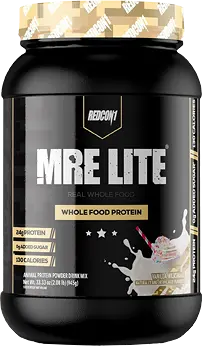
Your Answer
We are a participant in the Amazon Services LLC Associates Program, an affiliate advertising program designed to provide a means for us to earn fees by linking to Amazon.com and affiliated sites.


